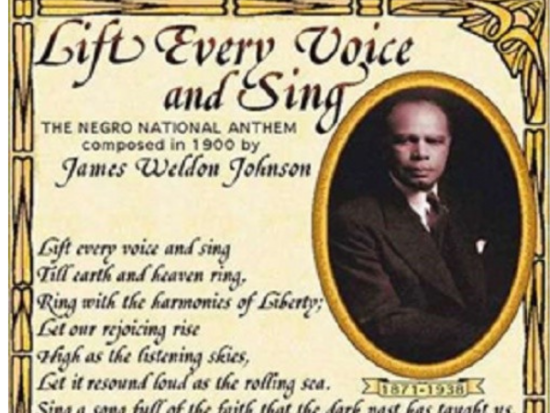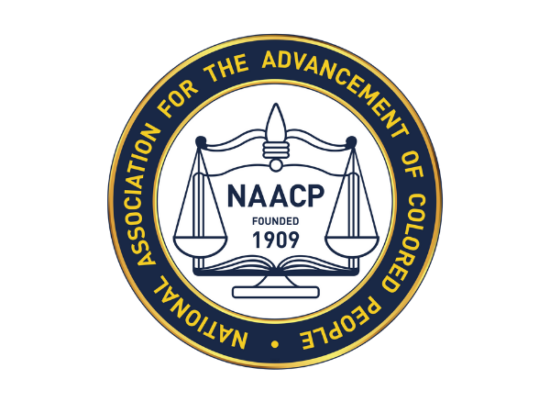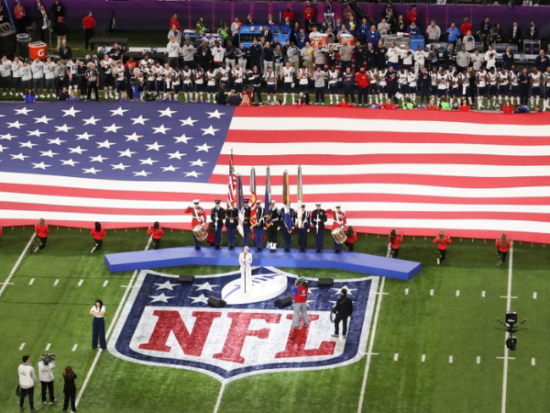What is the Black national anthem?
During this season’s NFL opening week, fans and TV viewers heard a new opening hymn. “Lift Every Voice and Sing” started playing and lingered throughout the stadium. This hymn is the US Black national anthem.
This was the anthem played at the NFL’s 2021 season-opening game. Alicia Keys sings the song with her stirring version of the Black national anthem. It was aired before the game started at Raymond James Stadium in Tampa.
Although it took a while – at least a year- before this song was played due to skepticism, the racial turmoils that took place in society and even professional sports invoked a sense of integrity to all.
What exactly is the Black National Anthem?

Photo credit: blackthen.com
Civil rights propagandist James Weldon Johnson wrote the Black National Anthem “Lift Every Voice and Sing” in the 1900s. Although it was a national hymn now, it was a poem that Johnson wrote. His brother, John Rosamond Johnson, was the one to give it life as he set music to this poem.
The 1900s is that era when the racial turmoil in African-American history was at its peak. Within this hostile situation, most Black communities chose to stand on their two feet, forming their newspapers, schools, musical groups, and religious organizations.
With these social formations, the Johnson brothers from Jacksonville, Florida, came into the idea of making their contribution to the community. While in 1899, James was to create a poem in commemoration of Abraham Lincoln’s birthday, he instead came up with a poem about the racial disparity in Black people. It was about their struggles and perseverance to continue and survive.
As soon as James heard the song, he came to tears hearing the poem-turned-song. It entails the heartbreaking history of oppression.
The Black national anthem’s last part captures the essence of resilience. “May we forever stand/ True to our God/ True to our native land.” The school’s group of 500 children performed the now Black National Anthem.
It entails the tragic history of oppression. The Black national anthem’s last part captures the essence of resilience. “May we forever stand/ True to our God/ True to our native land.”
Some of the lines of the Black National Anthem shows the Black Americans’ great appreciation for their freedom, “We have come over a way that with tears has been watered/we have come treading our path through the blood of the slaughtered/out from the gloomy past/keep us forever in the path, we pray.”
How did it become popular?

Photo Credit: Wikipedia
While the song spread out in other communities, Black leaders and other organizations popularized it. The National Association of Colored Women’s Clubs and Booker T. Washington (NAACP) named it as their official song in 1919. James Weldon Johnson was then popular as the first African American executive secretary one year after.
In 1972, the Black National Anthem was regularly at Black nationalist meetings. The Black students in Newark rallied and initiated walkouts demanding the Black curriculum, and Black teachers used this as their anthem.
After three years, James Brown used a line from the song and inserted it in the National anthem. This was before Muhammad Ali’s fight against Chuck Wepner and the line he slipped, “we wanna be free.”
It didn’t take long before “Lift Every Voice and Sing” became a sign of Black identity. It can be in civic organization meetings, church services, pageants, and graduations. The Negro History Week celebrations and daily school rituals always start with the Black national anthem.
Popularity in the Black Community
The Black National Anthem, “Lift Every Voice and Sing,” gained popularity among black people. Thus, it stayed a vital part of the Black community in the next decades. Some famous Black singers even have their renditions – Aretha Franklin, Ray Charles, Kim Weston, and Stevie Wonder.
Stay Human bandleader Jon Batiste never missed his part in retaining the song alive. Since they’re the ones who are anchoring The Late Show with Stephen Colbert, he often slips the song into the show’s broadcast. Moreover, when there’s a Black guest on the program.
With the recent killing of George Floyd, Batiste gathered the Black people communities and organized a musical protest in New York. They marched from Union Square to Washington Square Park. Batiste said, “When you play that song, people rise and stand together and remember all that we have gone through. It’s like saying, if we can get through all of that, we can transcend even this moment of atrocity.”
Are the NFL games playing the Black National Anthem?

Photo Credit: bet.com
Last year, the National Football League drew attention over criticism of the league’s inadequate support for their players. Colin Kaepernick, a former NFL player, was one of the American sports players who tried to use his fame to address the issue even before the racial disparity protests circulated the country.
Kaepernick and the other players did a silent protest of the injustices against the Black community by taking a knee during the “Star-Spangled Banner.” It was to be a gesture that implies progress. Though many claims, and thus he was chastised for being an activist.
Related Articles
While the death of George Floyd, a Black man killed by Minnesota police, instigated a rage against racial injustice, sports leagues also relayed messages of support for the movement. The Black community aims to achieve social justice for their fellow men of color, and even the NBA supported the Black Lives Matter movement.
While there are hints over the summer that the NFL will feature the Black National Anthem in its games, it was at the first game of their season. Also, the NFL association created a $250 million investment project donating to groups that aim to watch for criminal justice and police-community relations.
Key Takeaway
While the Black national anthem arose from what the dark past has taught, the Black community never ceased faith that the dark days will soon be over. Whether the present has brought hope to everyone, racial injustice is still present in all parts of the world. Though the advancement of people of color has immensely progressed, the future is still unclear as to when the discrimination will be gone.

